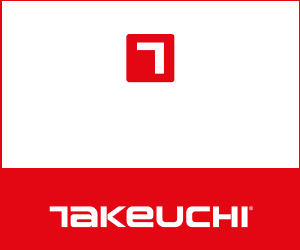The investigation by the agency’s in-house counter fraud squad has now concluded and found that National Highway has suffered financial loss.
But the national roads agency has decided not to pursue any criminal prosecution due to ‘insufficient conclusive evidence’, according to the final report seen by the Enquirer.
The investigation was launched into the Costain Galliford Try joint venture job after multiple accusations were leveled between 18 September 2020 and 2 February 2021, each alleging wrongdoing on the project.
These implied procurement fraud, theft of assets and collusion leading to false claims.
This scheme for a stretch between Milton Keynes and Northampton was awarded to the CGT JV with an agreed budget of £297m. This has ballooned to £453m.
Investigators for National Highways found £320,000 of central barrier scrap metal was ‘missing from the records and unaccounted for’ .
But after failing to secure any reliable witness testimony, the probe team said they were unable to prove the allegation of theft.
The investigation also failed to find hard evidence to support allegations of the use of ghost workers on the job, and bribes for subcontract work or business favours.
While labour supply on the project soared from £362,000 to around £9.5m, an investigation by the CGT JV uncovered no evidence to support whistleblowers claims, says the report.
In response to allegations of “brown envelopes” being passed around, National Highways investigators said that, although there was evidence cash-filled envelopes changed hands, it accepted the explanation that the money was requested from subcontractors to contribute to project staff parties.
Investigators also looked at a large package contract, which jumped from an original order value of £28m to a forecast end cost of £68m.
This was due for the most part to 1,389 compensation events, which were accepted as resulting from a number of complex underlying reasons.
National Highways’ commercial assurance partners have worked with the internal project team to understand the causes for the overspends and to challenge the escalating costs where appropriate.
In the final report, investigators did raise several concerns that ‘presented an increased risk of fraud and further possible accusations of bribery or corruption’ if not addressed.
These included poor contract management, in relation to escalating costs and proper implementation of the compensation events process.
They also highlighted a lack of record-keeping supporting key decisions during a live procurement and to validate ongoing subcontractor costs throughout the life-cycle of the project.
The team also red-flagged lack of governance around single-source procurement decisions.
A CGT JV spokesperson said: “The CGT JV responded comprehensively to all the issues brought to light with a detailed and thorough investigation, with appropriate action taken and further strengthening of its compliance procedures.
“Both companies in the JV have strong policies and procedures in place, fully promote a culture of transparency and encourage potential whistle-blowers to come forward.
“Both the CGT JV and National Highways investigations confirmed that there is no connection between any of the allegations and increased costs of the M1 junction 13-16 project.
“Any inference that the two are connected in any way or that the alleged activities that were under investigation have incurred a cost to the taxpayer is incorrect. Project scopes can evolve as was the case here, and those changes have the support of all parties involved.”
National Highways smart motorways programme director David Bray said: “We take any suggestion of criminal behaviour on our projects extremely seriously and investigate every allegation thoroughly.
“We investigated, working collaboratively with our contractors, the allegations around the M1 and M6 schemes and prevented the payment of any amounts that we were not fully satisfied with.”
.jpg)
.jpg)












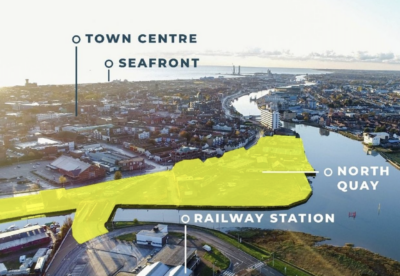




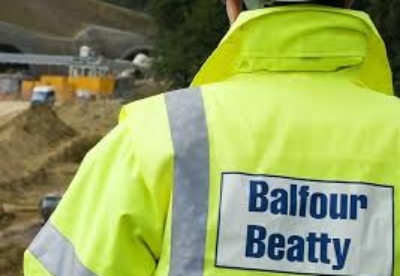
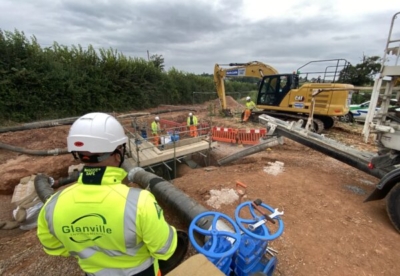


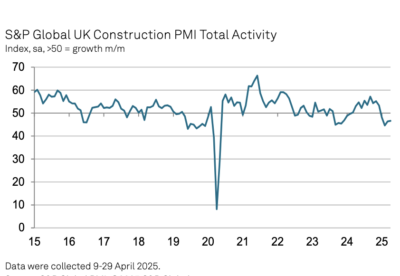


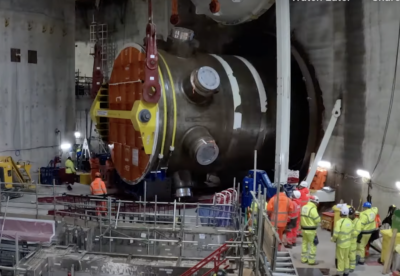
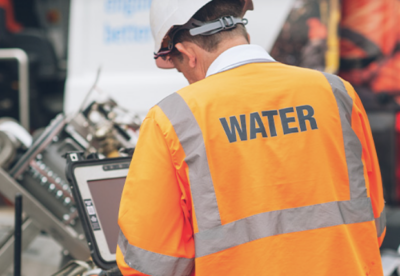
.gif)
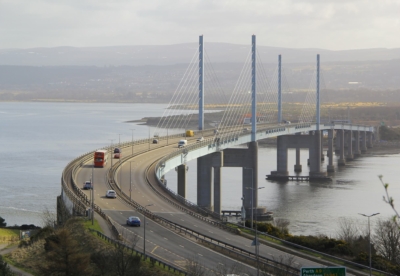





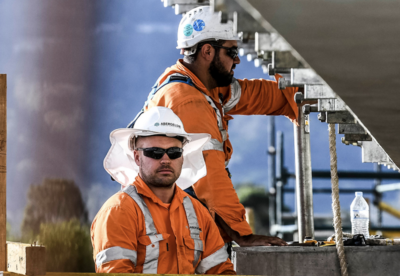
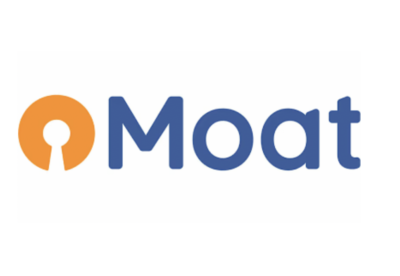
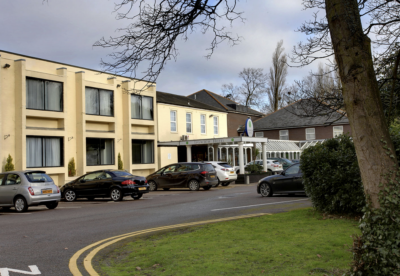


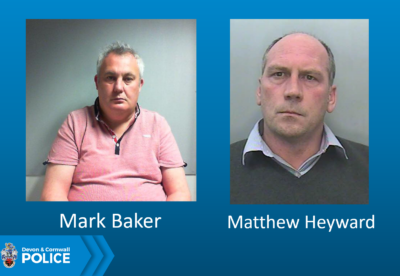
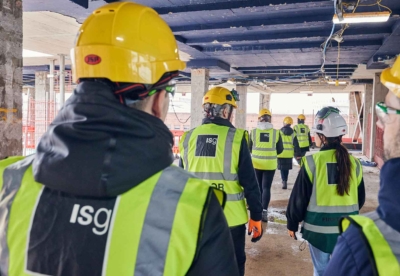

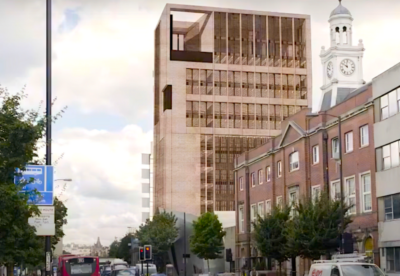




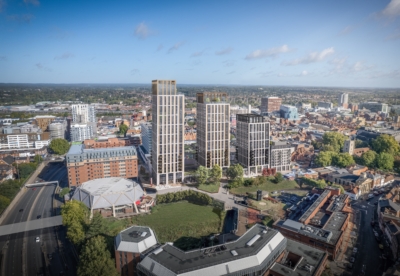






 May 2025.gif)
